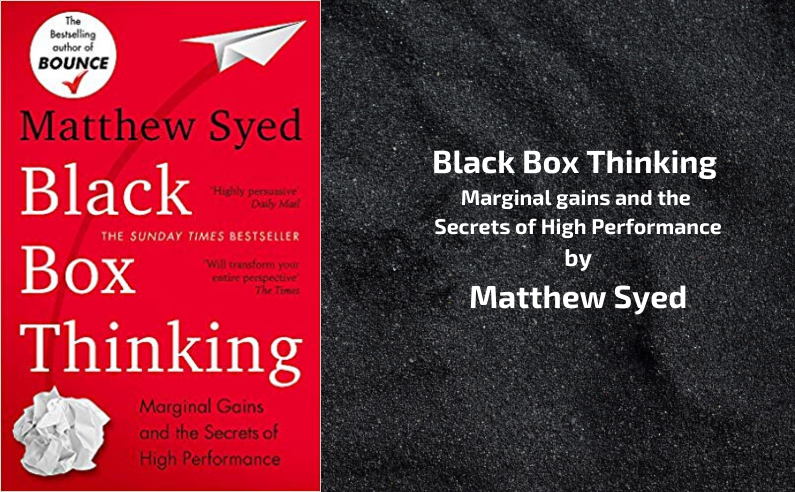Marginal gains and the Secrets of high performance
“Unilever had a problem. They were manufacturing washing powder at their factory near Liverpool in the north-west of England in the same usual way – indeed, the way washing powder is still made today. Boiling hot chemicals are forced through a nozzle at super high levels of pressure and speed out of the other side ; as the pressure drops they disperse into vapour and powder. The problem for Unilever was that the nozzles didn’t wrk smoothly, they kept clogging up.
Unilever gave the problem to its crack team of mathematicians, they delved deeper into problems of phase transition, derived complex equations and after a long time came up with a new design. But it was inefficient. Almost in desperation Unilever turned to its biologists, who had no clue of phase transition or fluid dynamics! Well they solved it!
The biologists took ten copies of nozzle, applied small changes in each and subjected them to failure by testing them. After 449 failures they succeeded.”
From Black Box Thinking –Marginal gains and the Secrets of high performance
Progress had been delivered not through a beautifully constructed masterplan (there was no plan!) but by rapid interaction with the world. A single outstanding nozzle was discovered as a consequence of testing and discarding 449 failures.
It is not coincidental that biologists chose this strategy – Evolution is a process that relies on a ‘failure test’ called natural selection.
The strategy is a mix of top-down reasoning and fusing of knowledge they already have with the knowledge that can be gained by revealing the inevitable flaws.
—
A brilliant chapter titled “The nozzle paradox” from the book “Black box thinking – Marginal gains and the Secrets of high Performance” by Matthew Syed.
This book is a compelling read on innovation and high performance across many industries: sports, healthcare and aviation amongst others, all approached from an unusual starting point – failure.
“Learning from failure has the status of a cliché. But it turns out that, for reasons both prosaic and profound, a failure to learn from mistakes has been one of the single greatest obstacles to human progress. Healthcare is just one strand in a long, rich story of evasion. Confronting this could not only transform healthcare, but business, sports, politics and much else besides. A progressive attitude to failure turns out to be a cornerstone of success for any institution.”
From the extremely moving first chapter to the very end, Matthew Syed tells the inside story of how success really happens and how we cannot grow unless we learn from our mistakes. (From https://www.hpt5.co.uk/blog/2018/11/21/book-review-black-box-thinking-marginal-gains-and-the-secrets-of-high-performance)
Signup to receive SmartQA digest that has something interesting weekly to becoming smarter in QA and delivering great products.
